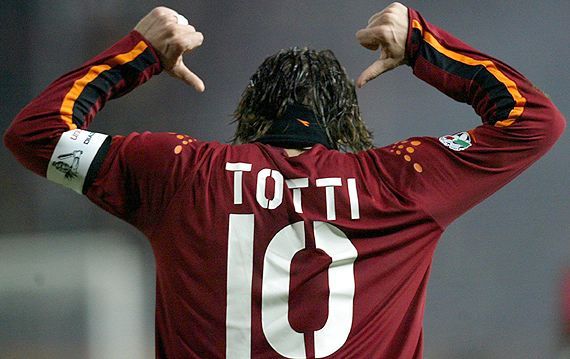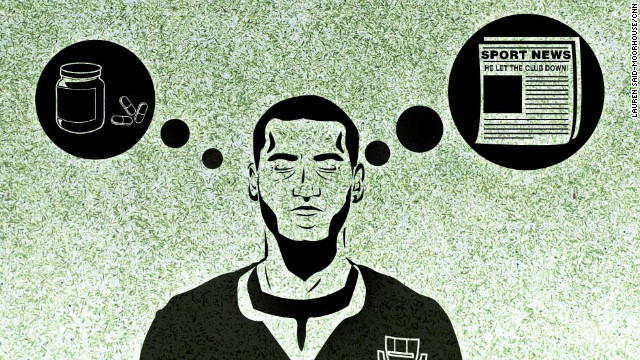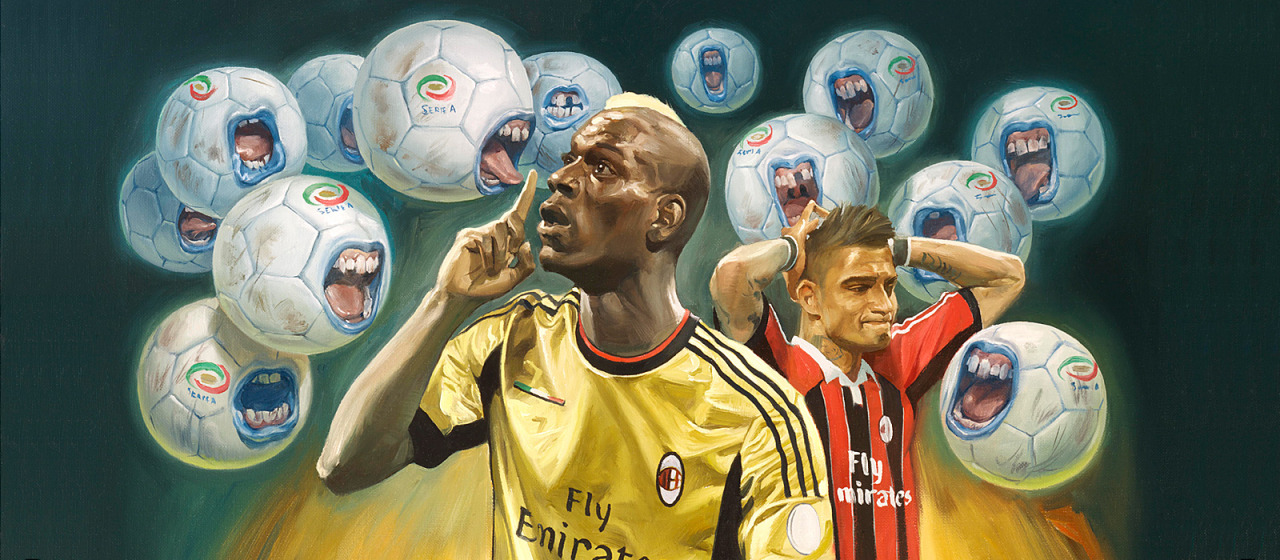Progress made, but a long path remains
Progress made, but a long path remains

Progress made, but a long path remains
Given the massive amount of attention paid to the impact of social issues on football in recent years, and the fine lens placed on those incidents which place a black mark on the sport, one couldn’t be faulted for assuming that as a sport, football is fighting a losing battle with its defects. Discrimination seems rampant, corruption is obvious, and the personal struggles of footballers are often treated as the insignificant concerns of privileged-athletes.
Whether it’s Italian Ultras embracing fascism, or footballers losing battles with depression, heart-wrenching stories dominate the headlines. And yet, while the wealth of negativity can seem overwhelming, football has never before been so progressive or inclusive. It may seem irreconcilable, but progress is being made on a variety of fronts. Footballers are raising awareness about their struggles with depression, football associations across the world are embracing more punitive punishments for incidents of racism, and gay athletes are increasingly being accepted as simply athletes by their teammates.
Nevertheless, there remains plenty of room for progress, as demonstrated by a recent survey conducted by Italian newspaper, La Gazzetta dello Sport, in which 50 Serie A players were questioned on their views in regards to a variety of topics. The most significant conclusions from the survey?
- On Depression: 58% of players surveyed responded that depression remained a significant issue in football, while just under a quarter of respondents claimed to have suffered depression during the course of their career.
- On Homosexuality: 34% of those surveyed believed that openly gay players would be treated differently, to the detriment of their career, while only 3 respondents confirmed that they had played alongside gay players.
- On Race: 36% of respondents said that they had heard racist remarks come from Serie A teammates, while just 2 of the total number of players surveyed believed that being black made a career more difficult.
Those are worrying results, but when taken in the context of where the sport was two decades ago, or even just a decade ago, fairly hopeful numbers. Perhaps change and exclusivity aren’t arriving as quickly as we’d like, but studies such as these shouldn’t be seen as the result of a rigid sport, but rather, as evidence that progress is being made. It’s on us, as fans, to ensure that we don’t let these issues rest, and that we continue to demand the best from our sport. [Posted by Maxi]










